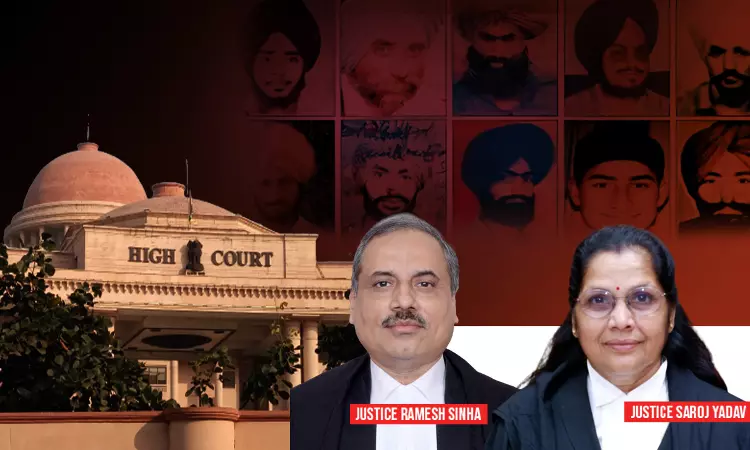Pilibhit Encounter 1991| "They Exceeded Power Given By Law": Allahabad High Court Convicts 43 Cops U/S 304 Part I IPC
Sparsh Upadhyay
15 Dec 2022 6:47 PM IST

Next Story
15 Dec 2022 6:47 PM IST
The Allahabad High Court today convicted 43 Uttar Police Personnel under Section 304 Part I IPC in connection with the 1991 Pilibhit Encounter case wherein 10 Sikhs were killed treating them to be terrorists in an alleged fake encounter."It is not the duty of the police officers to kill the accused merely because he/she is a dreaded criminal. Undoubtedly, the police have to arrest the accused...
